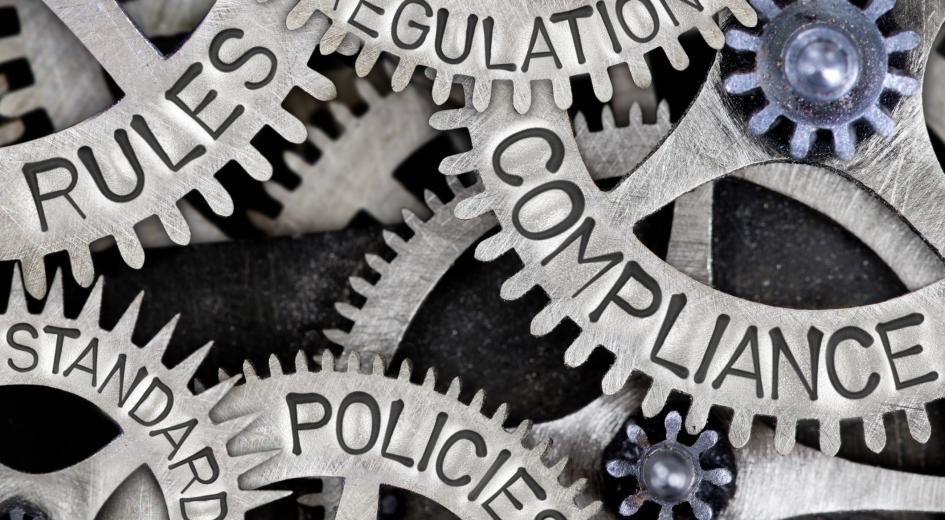Following is an excerpt from a booklet titled ‘Free Market Economy – Key to Economic Progress and Freedoms’, authored by M.A. Rangoonwaala and published by the Forum for Free Enterprise in 1982. The author emphasises that despite increased globalisation, restrictions on free trade persist. He highlights how bureaucratic obstacles, also known as “man-made” barriers, obstruct the progress of the global economy. He argues that a free market economy is the key to all freedoms.
M.A. Rangoonwala was the President of the International Chamber of Commerce. Published is the text of the inaugural address at the Silver Jubilee Celebrations function of the Forum of Free Enterprise in Bombay on 12th January 1982.
Any individual who did business at the beginning of this [20th] century would be shocked by today’s world if he had not gradually got used to it over the passage of time – as many of us have. He would be shocked not so much by the oneness of the world and the closeness of different countries forged by the revolution in communications and transport – advances of which humanity is justifiably proud. Rather he would be shocked by the degree to which business is restricted, hampered and fenced in by government regulations and controls. In this sense, distances are far greater than before. You may be able technically to finalise a deal over the telephone or by telex in a few short minutes or hours – and may even be able to rush supplies to wherever they are needed with what must effectively be considered no delay at all. But and it is a very important ‘but’ – these technical gains in speed are frequently more than offset by the tediously protracted processes of completing official formalities and seeking bureaucratic permissions and approvals. In this respect, we live in many different worlds which relate with each other only over and around considerable man-made obstacles. As has been the case throughout history, the unifying forces of commerce are frustrated by the divisive forces of politics.
Barriers to trade and investment between countries, though regrettable by the absolute standards of the one-world ideologue and frequently harmful to the cause of maximising global economic efficiency, are not alone and of themselves a major catastrophe. What does the real damage is that government controls and restrictions extend deep and wide into our national economies, thwarting and distorting competition and the free enterprise system on a massive scale.
The fundamental raison d’etre of the free enterprise system is that it harnesses for progress the energy and drive of individuals and their yearning for self-betterment. It achieves this through a competitive process which encourages people to work hard and efficiently in producing what consumers wish to buy at minimum cost. Remove competition, and private enterprise stands defenceless. Profit ceases to have either economic significance or moral justification. If we allow controls to proliferate which strangulate both competition and individual initiative, why do we need private enterprise at all?
In my own mind, I have no doubt whatsoever that the free market economy is the key to all freedoms. In fact, the market and freedom are really synonymous terms. We should never forget that the only thing governments can control is people. One yard of textile does not care what its price is. But people care: the people who manufacture the textile, the wholesalers who sell to the retailers, and the retailers who sell to the consumers. And that is all controls can ever mean: ‘people’ control. It is never prices or goods and services but only people who are controlled, subsidised or supported by the government. It is this that so many citizens fail to see or choose to ignore.
You can access the complete text here.

